Children’s social care system a ‘Jenga tower held together by Sellotape’
State intervention too often focused on ‘assessment and investigation’ and not support
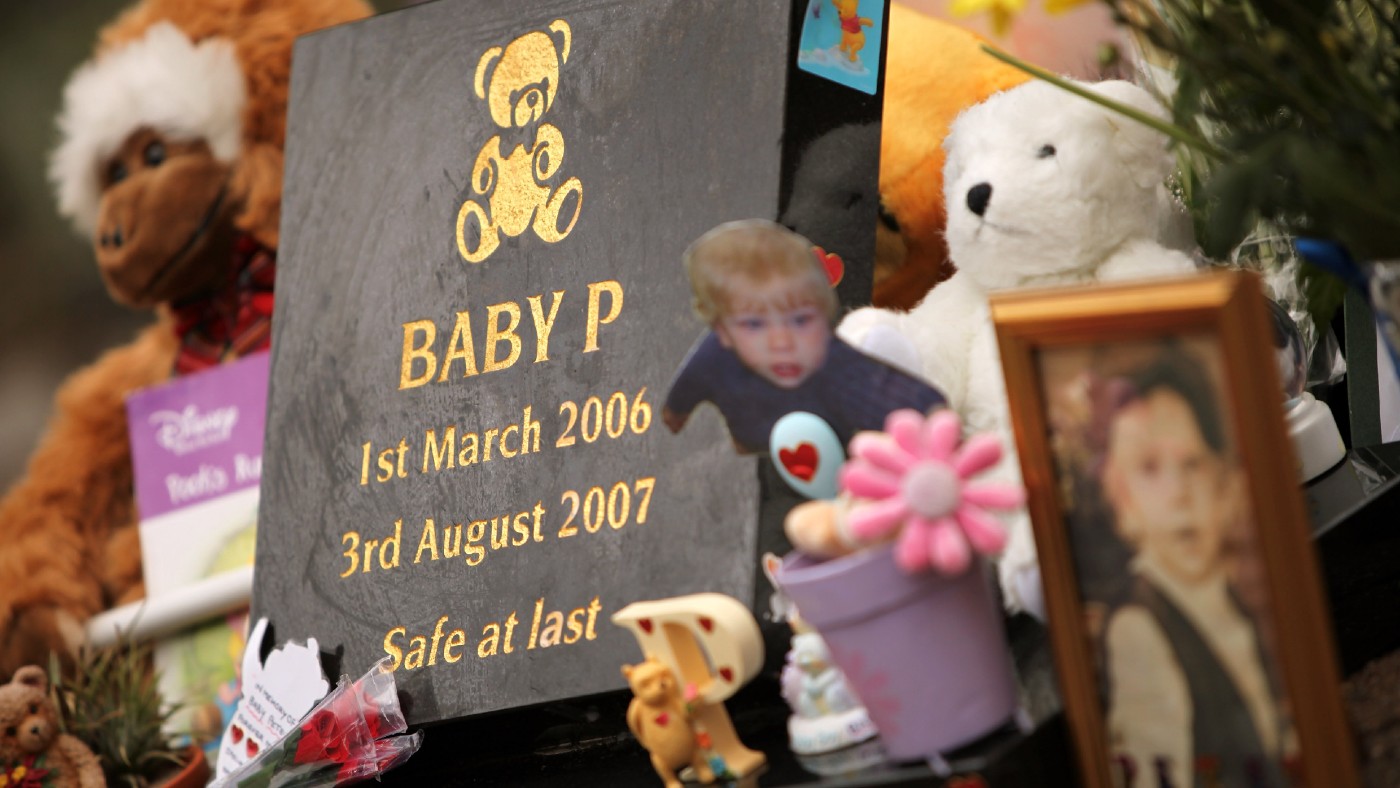
A free daily email with the biggest news stories of the day – and the best features from TheWeek.com
You are now subscribed
Your newsletter sign-up was successful
A devastating review into council-run children’s social care in England has highlighted an “urgent need” for a new approach, describing the current system as a “tower of Jenga held together with Sellotape”.
The Case for Change, an independent report derived from conversations with more than 1,000 young people, families and staff members between March and June this year, found that the current system is “under significant strain” and that state intervention is all too often focused “on assessment and investigation” rather than support.
It comes as a Justice for Families campaign by The Sunday Times has been investigating how “children are being removed from innocent parents for months on end”.
The Week
Escape your echo chamber. Get the facts behind the news, plus analysis from multiple perspectives.

Sign up for The Week's Free Newsletters
From our morning news briefing to a weekly Good News Newsletter, get the best of The Week delivered directly to your inbox.
From our morning news briefing to a weekly Good News Newsletter, get the best of The Week delivered directly to your inbox.
Investigations prioritised over support
Figures cited in the report show that in 2019/20 there were 201,000 enquiries into whether a child was at risk of significant harm. More than 65% (135,000) of these cases resulted in no child protection plan being put in place – suggesting that thousands of families were “subjected to intrusive investigation that uncovered no abuse”, says The Sunday Times. The figure has tripled over the past decade.
The number of newborn babies taken into care has also increased in recent years, doubling over the past eight years in the North East of England. As many as 83.1 per 10,000 live births in the North East resulted in the baby being taken into care, compared with just 24.9 per 10,000 live births in London. Sir James Munby, former head of the High Court’s family division, is quoted in the report as calling it a “deeply troubling postcode lottery”.
Josh MacAlister, chair of the independent review, commissioned by the Department for Education, has called the whole system a “a 30-year-old tower of Jenga held together with Sellotape: simultaneously rigid and yet shaky”.
A free daily email with the biggest news stories of the day – and the best features from TheWeek.com
The report calls for a “pragmatic re-think” and argues that “the care system must build not break relationships”.
“Too often children are moved far from where they have grown up, are separated from their brothers or sisters, are forced to move schools, and have a revolving door of social workers. We are failing to build lifelong loving relationships around these children,” it says.
The influence of the Baby P case
The rise in child abuse investigations and newborns being taken into care suggests a “culture of caution”, reports The Sunday Times. “Some social workers and paediatricians worry that the harm of separating babies from mothers is not considered enough when making risk-averse interventions.”
This caution has to be considered in the context of the fallout from the 2007 death of Peter Connelly, known as Baby P, who died at home in Haringey after sustaining 50 injuries in eight months.
Official reports said that 17-month-old Peter’s “‘horrifying’ death was down to the incompetence of almost every member of staff who came into contact with him”, said the BBC in 2010. Social workers and paediatricians were blamed for missing the toddler’s injuries. Haringey Council fired four social workers involved and one had to go into hiding.
“Such cases lead to professionals becoming more cautious, a trend made worse by staff turnover,” The Sunday Times says. “New social workers stick to protocols, and the protocols say that a bruise is likely to indicate abuse.”
What will happen next?
Following the publication of The Case for Change, the review will move into its next phase and “explore in more depth” the issues highlighted in the report. This will include focused work in local areas “to understand the perspectives of children, families and those working on the front line”. Recommendations for change will be made next spring, the BBC reports.
But despite such a dramatic need for an urgent overhaul of the current system, reform may be slow. “Countless politicians over the last 20 years, of all political persuasions and hues, have made promises and stood on manifestos promising to reform the social care system,” writes Conservative MP Shaun Bailey on PoliticsHome, adding “none have succeeded”.
Kate Samuelson is The Week's former newsletter editor. She was also a regular guest on award-winning podcast The Week Unwrapped. Kate's career as a journalist began on the MailOnline graduate training scheme, which involved stints as a reporter at the South West News Service's office in Cambridge and the Liverpool Echo. She moved from MailOnline to Time magazine's satellite office in London, where she covered current affairs and culture for both the print mag and website. Before joining The Week, Kate worked at ActionAid UK, where she led the planning and delivery of all content gathering trips, from Bangladesh to Brazil. She is passionate about women's rights and using her skills as a journalist to highlight underrepresented communities. Alongside her staff roles, Kate has written for various magazines and newspapers including Stylist, Metro.co.uk, The Guardian and the i news site. She is also the founder and editor of Cheapskate London, an award-winning weekly newsletter that curates the best free events with the aim of making the capital more accessible.
-
 How the FCC’s ‘equal time’ rule works
How the FCC’s ‘equal time’ rule worksIn the Spotlight The law is at the heart of the Colbert-CBS conflict
-
 What is the endgame in the DHS shutdown?
What is the endgame in the DHS shutdown?Today’s Big Question Democrats want to rein in ICE’s immigration crackdown
-
 ‘Poor time management isn’t just an inconvenience’
‘Poor time management isn’t just an inconvenience’Instant Opinion Opinion, comment and editorials of the day
-
 Sport on TV guide: Christmas 2022 and New Year listings
Sport on TV guide: Christmas 2022 and New Year listingsSpeed Read Enjoy a feast of sporting action with football, darts, rugby union, racing, NFL and NBA
-
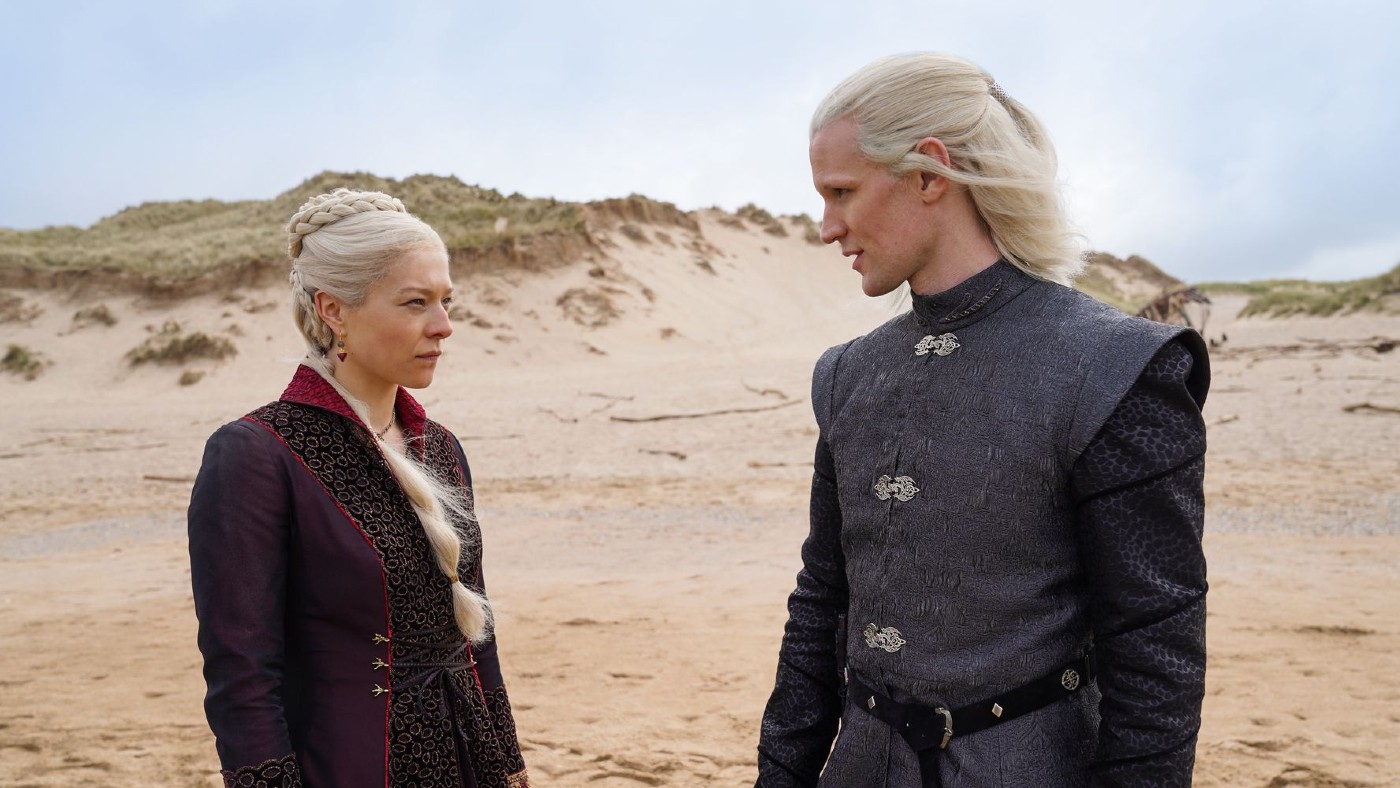 House of the Dragon: what to expect from the Game of Thrones prequel
House of the Dragon: what to expect from the Game of Thrones prequelSpeed Read Ten-part series, set 200 years before GoT, will show the incestuous decline of Targaryen
-
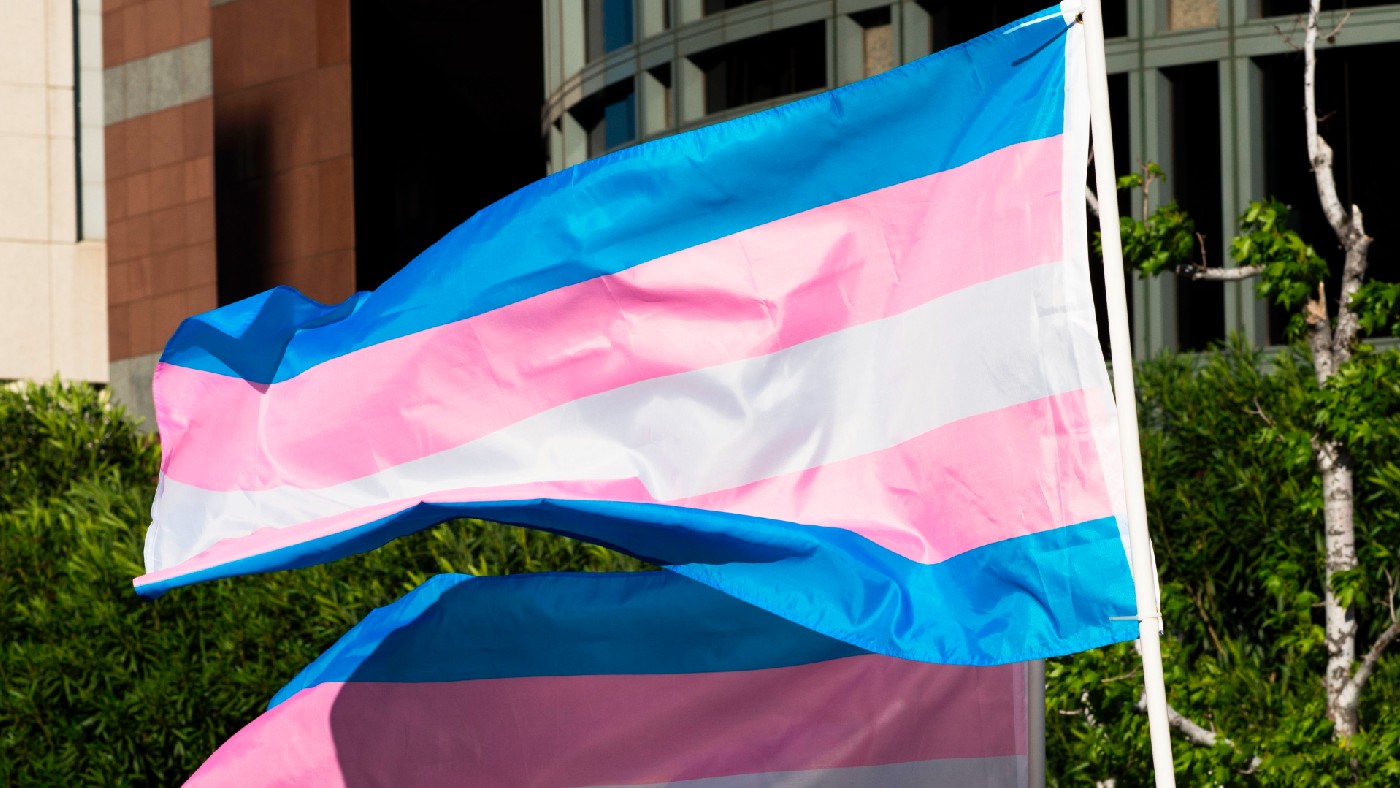 One in 20 young Americans identify as trans or non-binary
One in 20 young Americans identify as trans or non-binarySpeed Read New research suggests that 44% of US adults know someone who is transgender
-
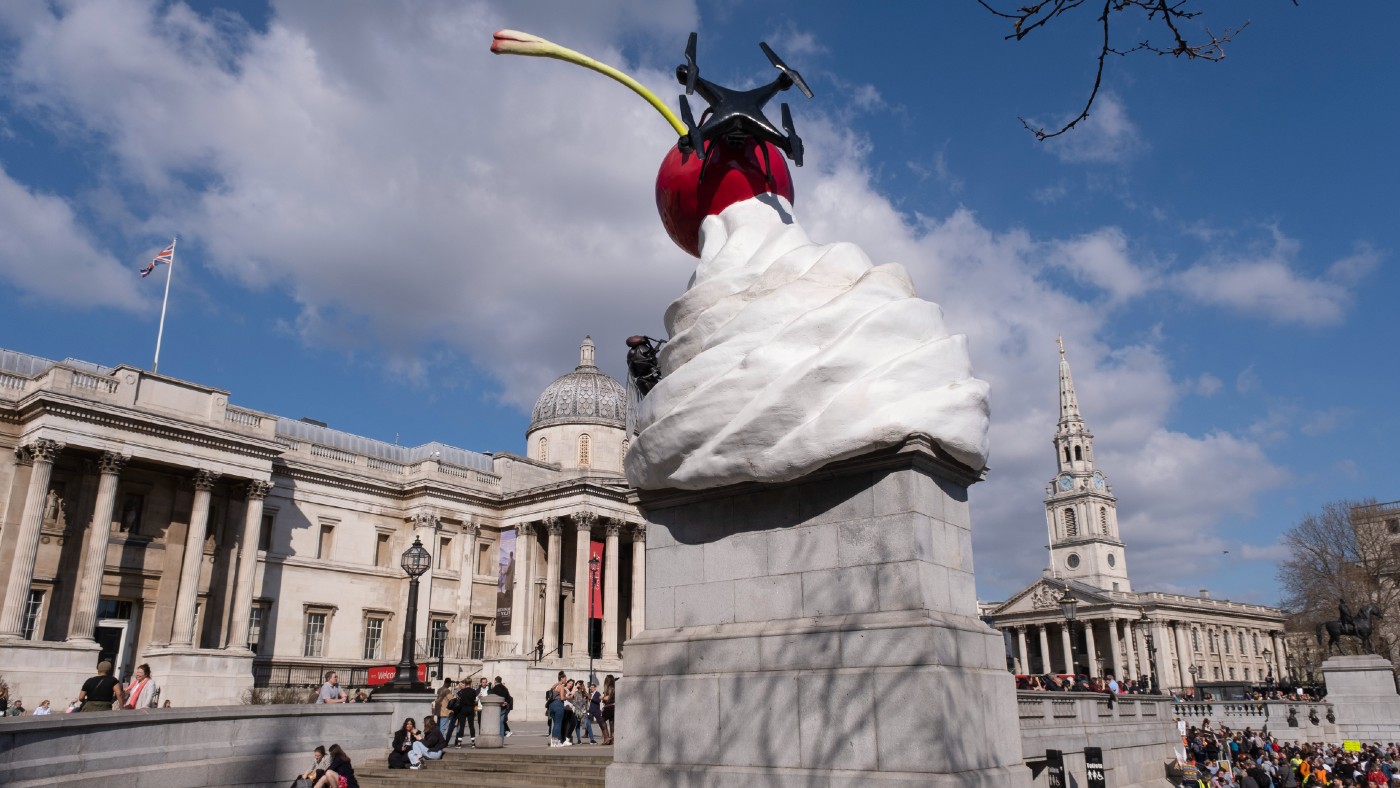 The Turner Prize 2022: a ‘vintage’ shortlist?
The Turner Prize 2022: a ‘vintage’ shortlist?Speed Read All four artists look towards ‘growth, revival and reinvention’ in their work
-
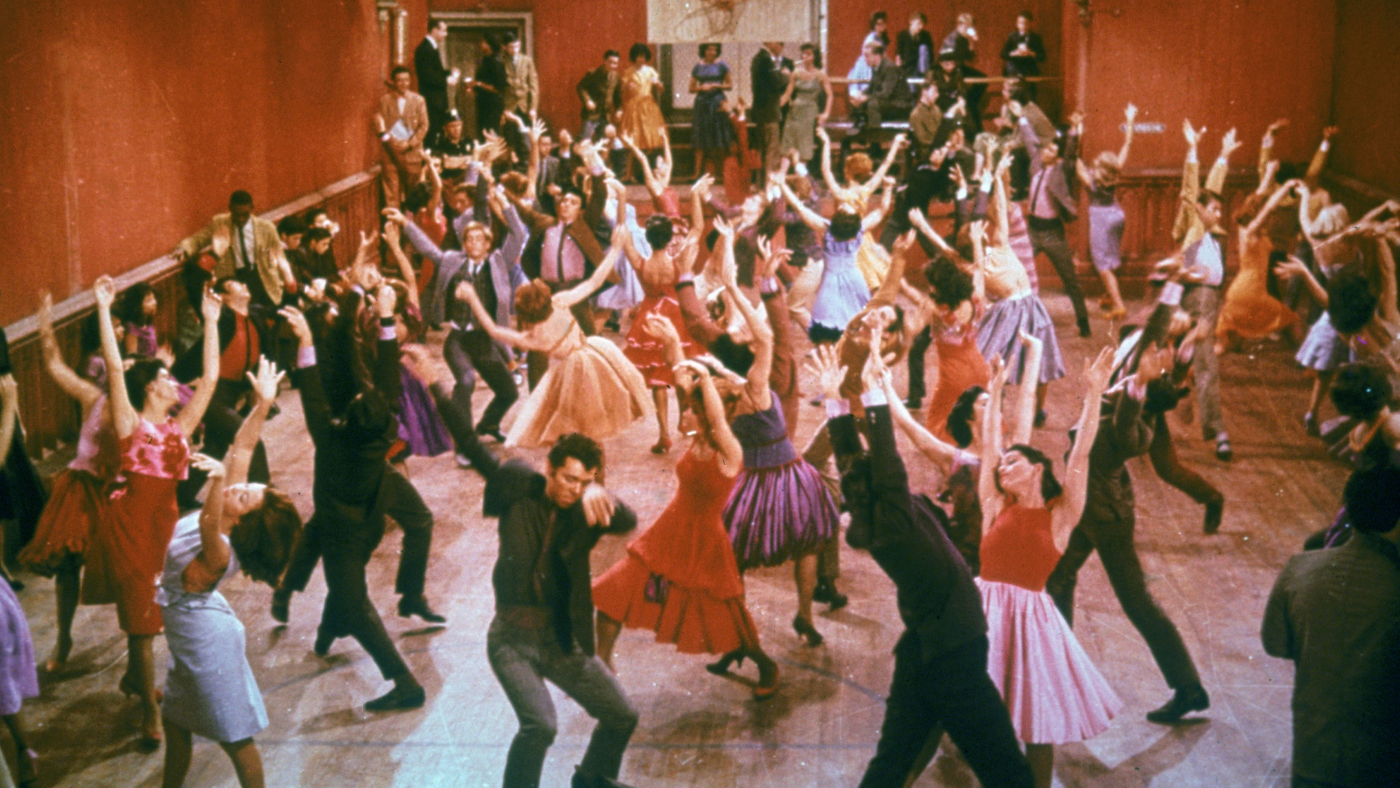 What’s on TV this Christmas? The best holiday television
What’s on TV this Christmas? The best holiday televisionSpeed Read From films and documentaries to musicals for all the family
-
 Coco vision: up close to Chanel opticals
Coco vision: up close to Chanel opticalsSpeed Read Parisian luxury house adds opticals to digital offering
-
 Abba returns: how the Swedish supergroup and their ‘Abba-tars’ are taking a chance on a reunion
Abba returns: how the Swedish supergroup and their ‘Abba-tars’ are taking a chance on a reunionSpeed Read From next May, digital avatars of the foursome will be performing concerts in east London
-
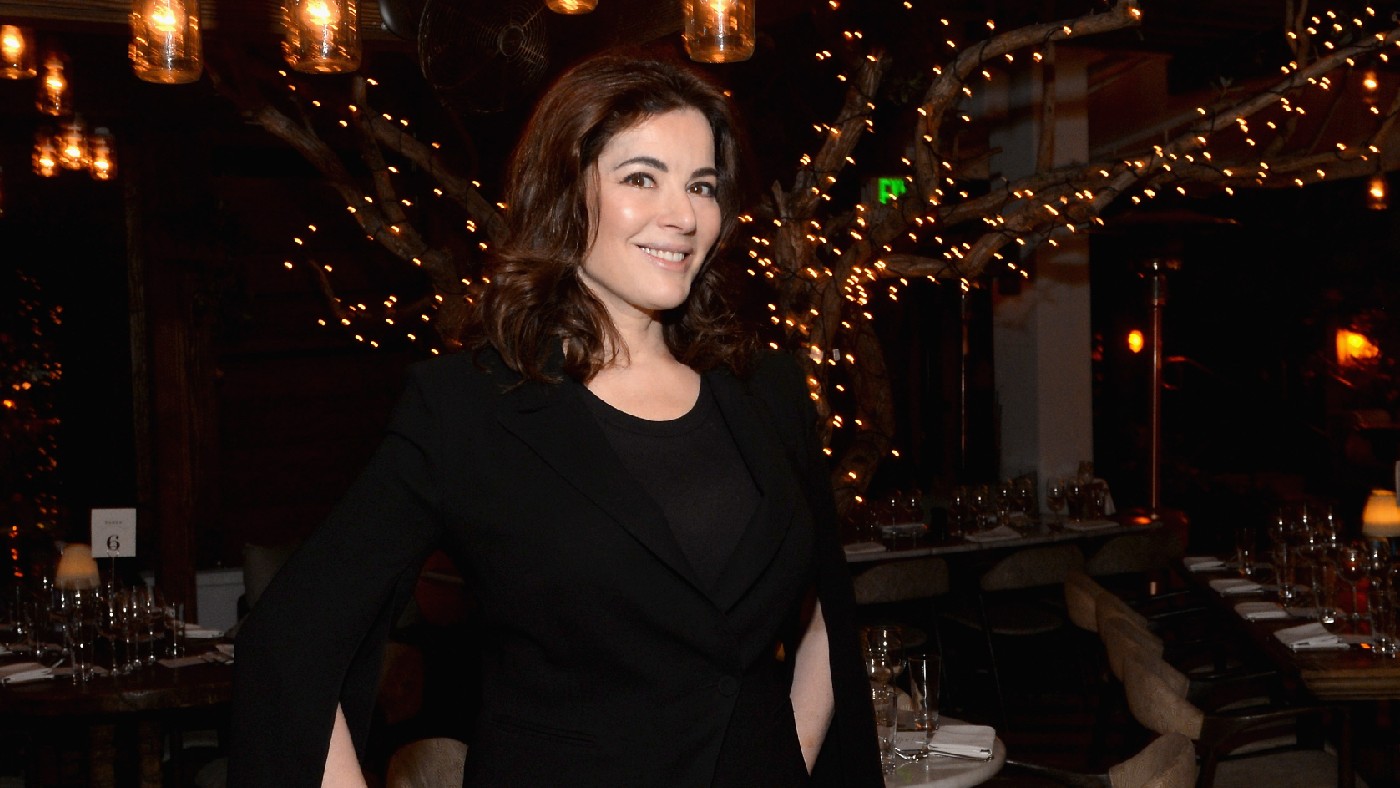 ‘Turning down her smut setting’: how Nigella Lawson is cleaning up her recipes
‘Turning down her smut setting’: how Nigella Lawson is cleaning up her recipesSpeed Read Last week, the TV cook announced she was axing the word ‘slut’ from her recipe for Slut Red Raspberries in Chardonnay Jelly